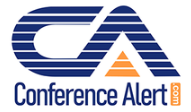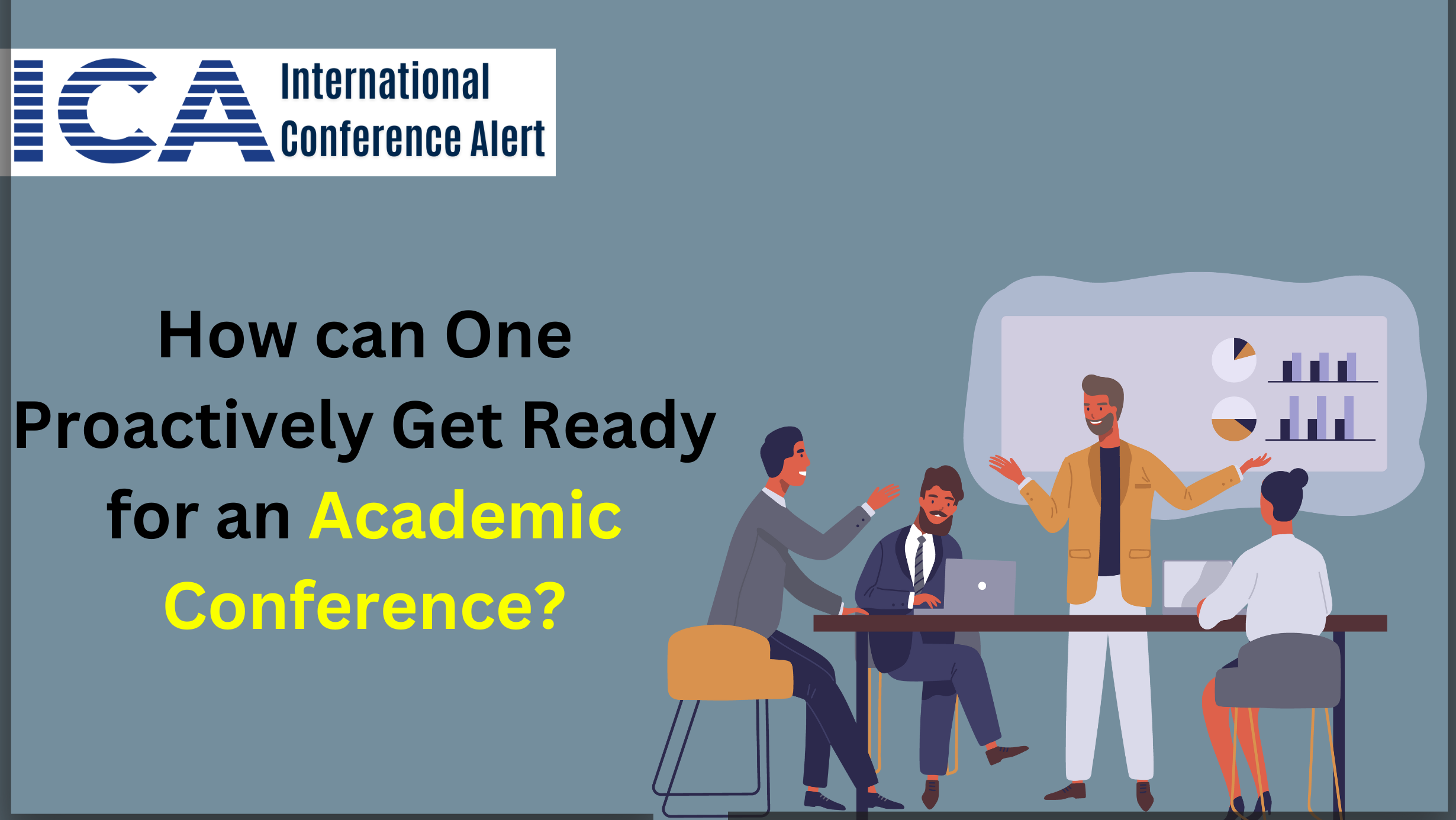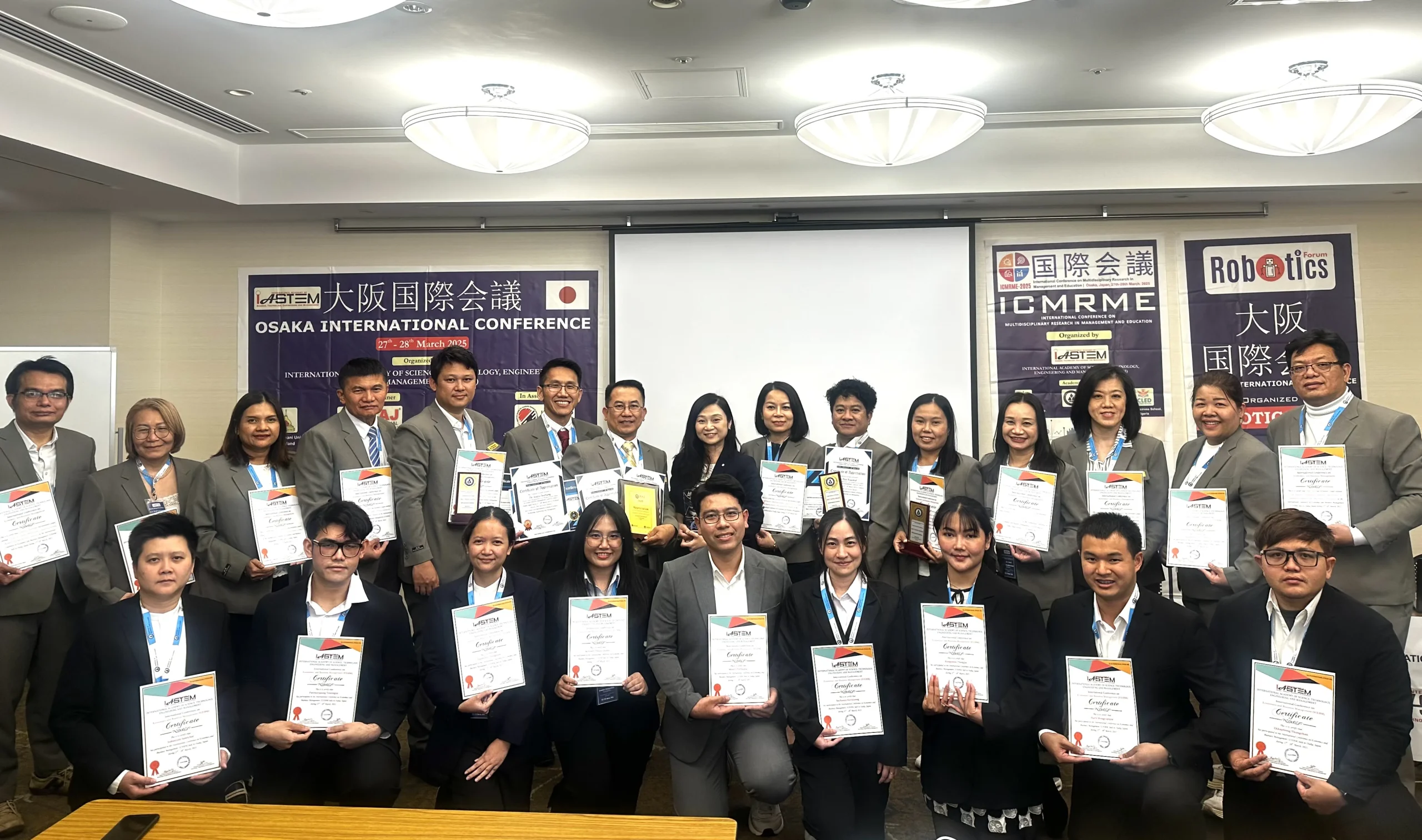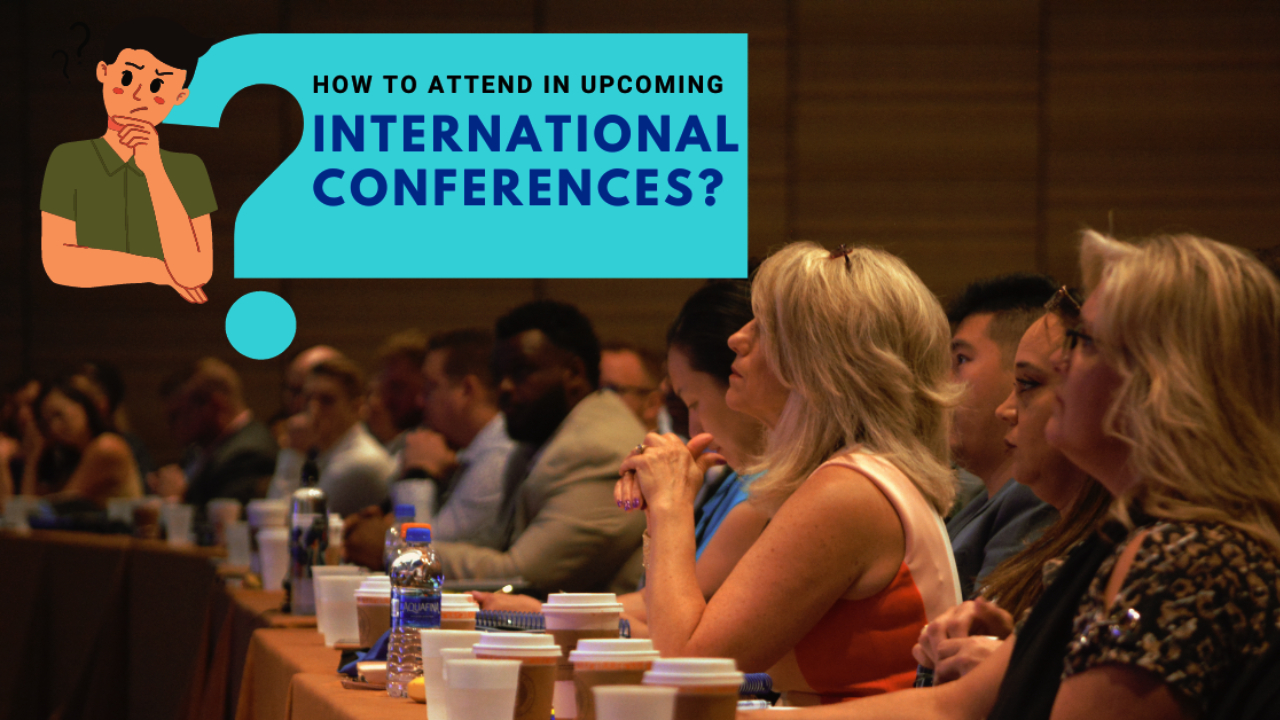Attending an academic conference can be an exciting opportunity for scholars to connect with peers, share ideas, and gain new insights into their field of study. Preparing for a conference can be overwhelming. Gathering resources, networking, and presenting research, scholars may also need to consider a range of practical and logistical considerations that can impact their experience.
1: Networking
One of the most important benefits of attending an academic conference is the opportunity to network with other scholars. Whether you are an early-career researcher looking to collaborate with others in your field or a seasoned scholar seeking new opportunities and perspectives, conferences provide an excellent forum for building relationships and promoting your work. To proactively get ready for an academic conference, it’s important to carefully research your fellow attendees and identify potential contacts. You may also want to reach out to conference organizers or presenters ahead of time to introduce yourself and express interest in meeting with them.
2: Presentation Skills
Another key aspect of attending an academic conference is presenting your research. Preparing for a presentation can be a daunting task, but with the right approach, it can also be an opportunity to showcase your knowledge and expertise in your field. To proactively get ready for a presentation, you should start by carefully reviewing the guidelines and requirements provided by the conference organizers. This may include considerations such as the length of your presentation, the format in which it should be delivered, and any specific topics or themes that you will be expected to cover.
3: Travel Considerations
Finally, it’s important to consider the practical and logistical aspects of attending an academic conference. This may include considerations such as transportation to and from the conference venue, lodging and accommodations, and budget planning for travel expenses. By proactively getting ready for these logistical challenges, you can ensure that your conference experience is as smooth and stress-free as possible, allowing you to focus on making the most of the valuable opportunities available to you as a scholar.
4. Professional Development
Attending a conference can also provide opportunities for professional development. Through workshops, panels, and keynote speakers, you can learn new skills and gain insights into emerging trends in your field. Be sure to take advantage of as many professional development opportunities as you can, as they can help you stay current and competitive in your career.
5. Self-Care
Conferences can be exhausting mentally and physically, with long days of attending sessions, networking, and walking around. It’s important to prioritize self-care during your conference journey. This can include packing healthy snacks, staying hydrated, and taking breaks when you need them. Also, consider participating in any wellness activities that may be offered, such as yoga or meditation.
Empowering Your Conference Journey: Proactively Getting Ready for Academic Success
Attending a conference can be a daunting task, especially if it’s your first time. However, proactively getting ready for it can help you make the most out of your experience. In addition to taking steps to prepare for the event itself, such as reviewing the schedule and packing appropriately, there are other themes that can enhance your conference journey and academic success.
Preparing for a conference involves more than just making sure you have your schedule and materials in order. By prioritizing networking, professional development, and self-care, you can make the most out of your experience and set yourself up for success in your academic career.
How can one effectively prepare for an academic conference?
Well, first of all, it’s essential to understand the importance of academic conferences. Academic conferences provide scholars, researchers, and academics from different parts of the world an opportunity to share their research findings, ideas, and knowledge with their peers. Attending an academic conference can be a life-changing experience for those who are committed to their profession, and it is always advisable to prepare well in advance to make the most out of it.
One of the key aspects of preparing for an academic conference is to research the theme of the conference thoroughly. This can help you identify the topics that will be covered and provide you with an insight into the expectations of your audience. Additionally, it is crucial to map out your itinerary ahead of time, so you don’t miss out on the sessions that are relevant to your interests.
Apart from that, it is essential to create a concise and compelling presentation that showcases your research findings. Your presentation should be clear, concise, and engaging, and it should be designed in a way that captures the attention of your audience. Presentations can make or break your academic career, so it’s crucial to invest time and effort into perfecting them.
Networking is another vital aspect of attending an academic conference. Make sure to take the time to introduce yourself, exchange business cards, and engage in meaningful conversations with other attendees. You never know who you might meet and how they can help further your research career.
The Future of Academic Conferences: Trends, Challenges, and Innovations
Conferences have always played a key role in academia, providing a platform for researchers, scholars, and experts to share their knowledge, present their findings, and network with peers. However, as the world becomes increasingly digital and globalized, the future of academic conferences is uncertain. We will explore the latest trends, challenges, and innovations in this field.
Advancements in Technology:
One of the most notable trends in the future of academic conferences is the increasing use of technology. In recent years, there have been significant advancements in virtual conferencing, which allows attendees from around the world to participate in real-time. This allows for a wider range of attendees, lower costs, and less environmental impact. Additionally, with the rise of artificial intelligence and machine learning, AI-powered virtual assistants are becoming more common, offering personalized scheduling and networking opportunities for attendees.
New Formats and Themes:
Academic conferences are also diversifying their formats and themes to cater to changing interests and demands. For example, interdisciplinary conferences that bring together experts from different fields are becoming more popular. Similarly, conferences focused on emerging fields such as digital humanities, climate change, and neuroscience are also on the rise. These new formats and themes help to break down silos in academia and spark innovative conversations.
Sustainability and Inclusivity:
As concern over environmental impact continues to grow, academic conferences are working to become more sustainable. This includes everything from using renewable energy sources to reducing the amount of waste generated to promoting sustainable travel choices for attendees. Additionally, academic conferences are also becoming more inclusive, with a focus on diversity and representation. This means not only increasing representation of marginalized groups in conference speakers and panels but also ensuring accessibility for attendees with disabilities.
The future of academic conferences is evolving, as new technologies, formats, and sustainability practices are emerging. While it is important to recognize the challenges ahead, it is also worthwhile to celebrate the potential for innovation and positive impact in the academic community.
Attending an academic conference is an excellent opportunity for academics to connect with peers, learn new research findings, and gain insights into their respective fields. Preparation is the key to making the most of the conference experience. Thorough research, careful planning, and diligent networking can all contribute to making the conference a successful and rewarding experience.




